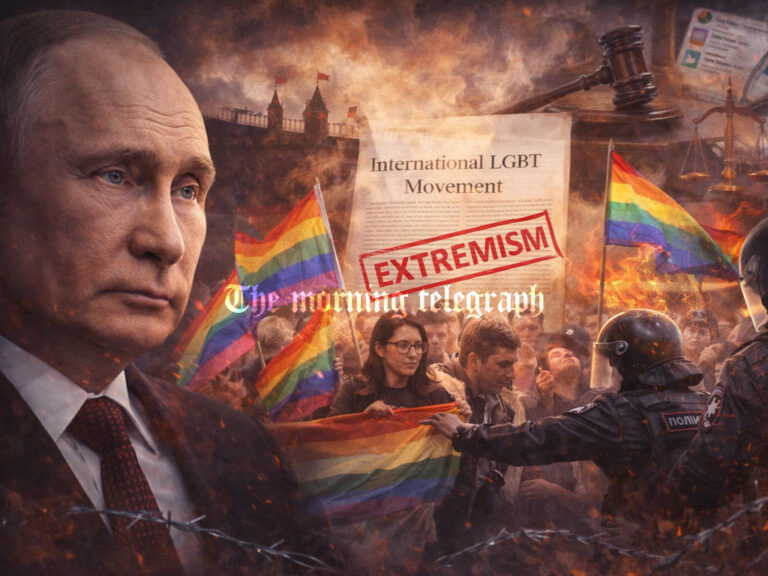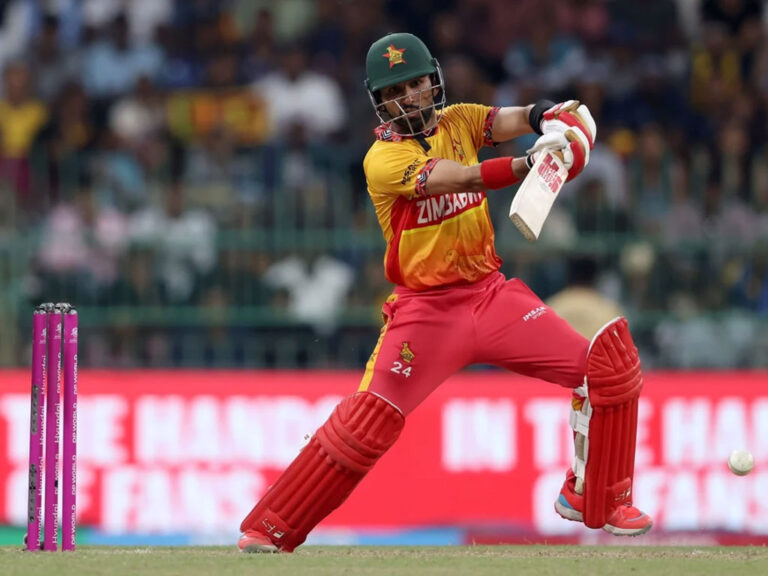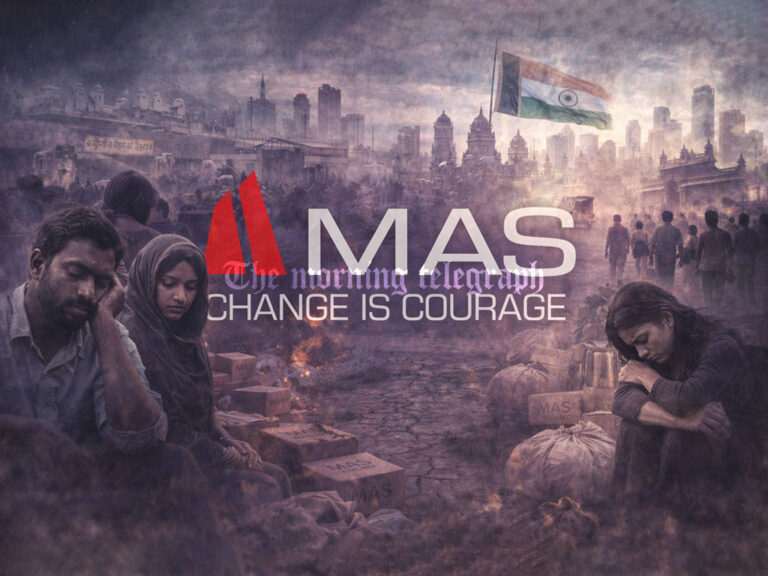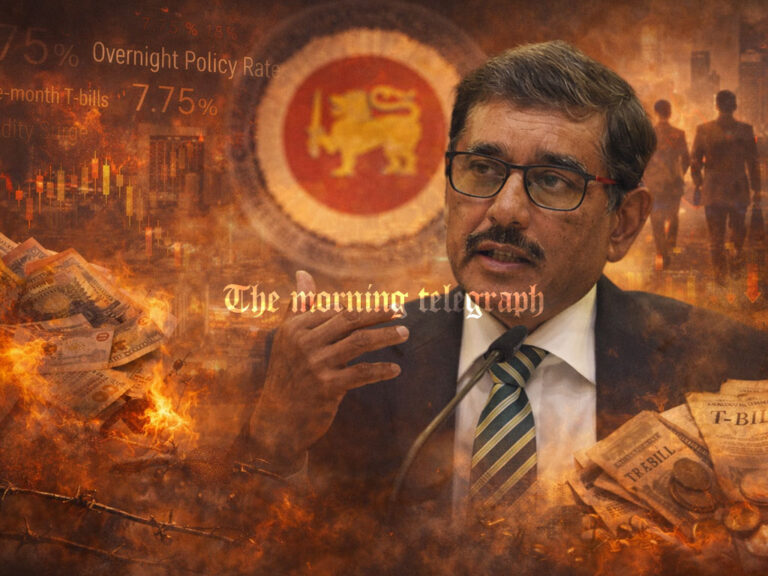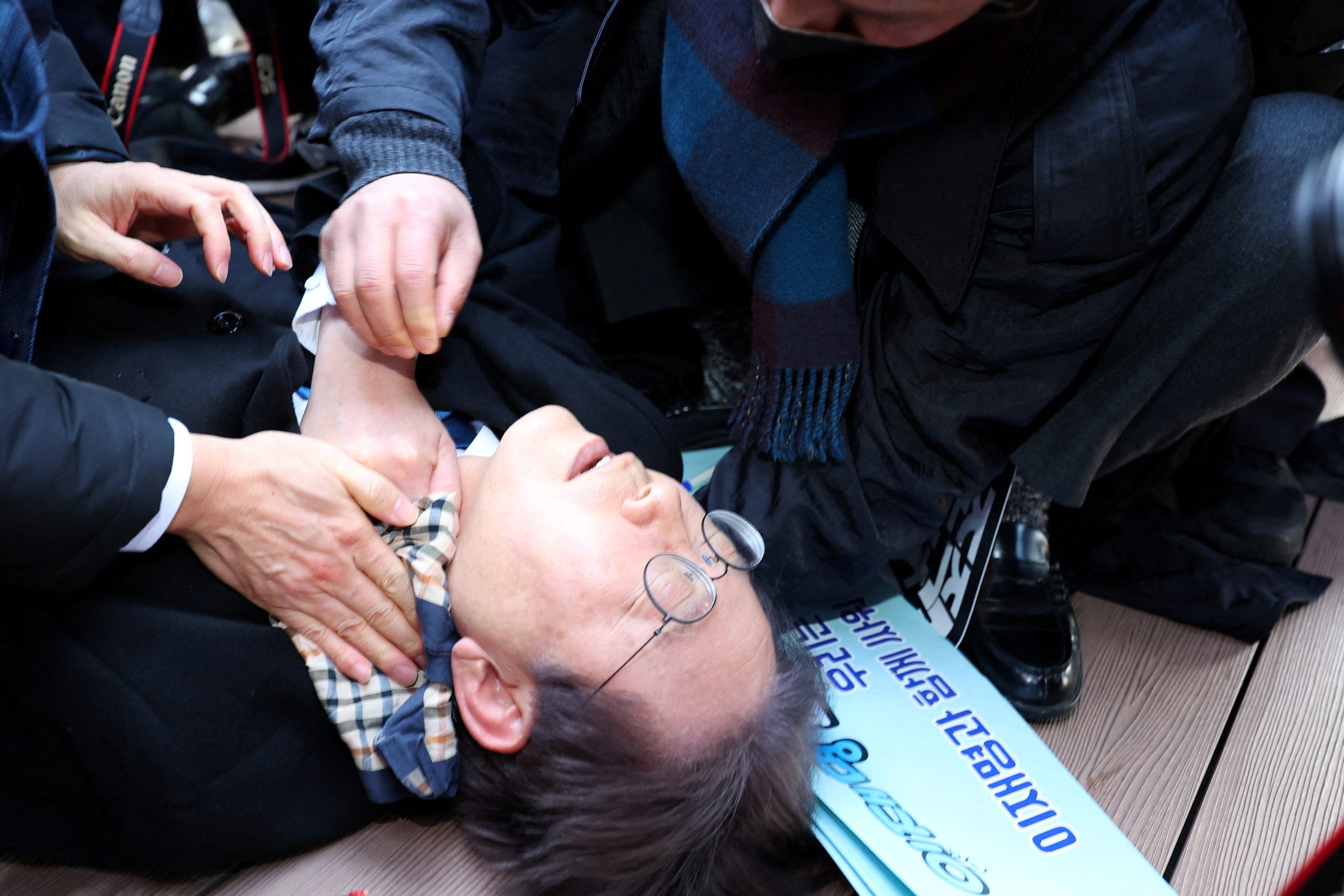
South Korea's opposition party leader Lee Jae-myung falls after being attacked by an unidentified man during his visit to Busan, South Korea, January 2, 2024. Yonhap via REUTERS
In a shocking incident, South Korean opposition leader Lee Jae-myung was attacked during a visit to Busan. The assailant, a 67-year-old man, stabbed Lee in the neck with an 18cm knife while he toured a construction site at a new airport. Videos showed the assailant approaching Lee under the guise of seeking an autograph before the sudden assault.
Despite sustaining a 1cm laceration to his neck, Lee remained conscious and was quickly taken to a local university hospital for treatment. The attacker, refusing to disclose his identity or motive, was swiftly apprehended after the attack.
President Yoon condemned the assault, expressing deep concern for Lee’s condition. This attack, reminiscent of prior incidents of political violence in South Korea, highlights the vulnerability of public figures and the imperative of heightened security measures during public engagements.
The swift arrest of the attacker offers some relief, yet questions linger about the motive behind the assault. As investigations continue, the nation stands in solidarity, condemning such acts of violence and awaiting updates on Lee Jae-myung’s recovery.
The incident sparks discussions on the security protocols for political leaders and emphasizes the need for safeguarding public figures against unforeseen threats during their engagements, reflecting the inherent risks faced by individuals in the public eye.

